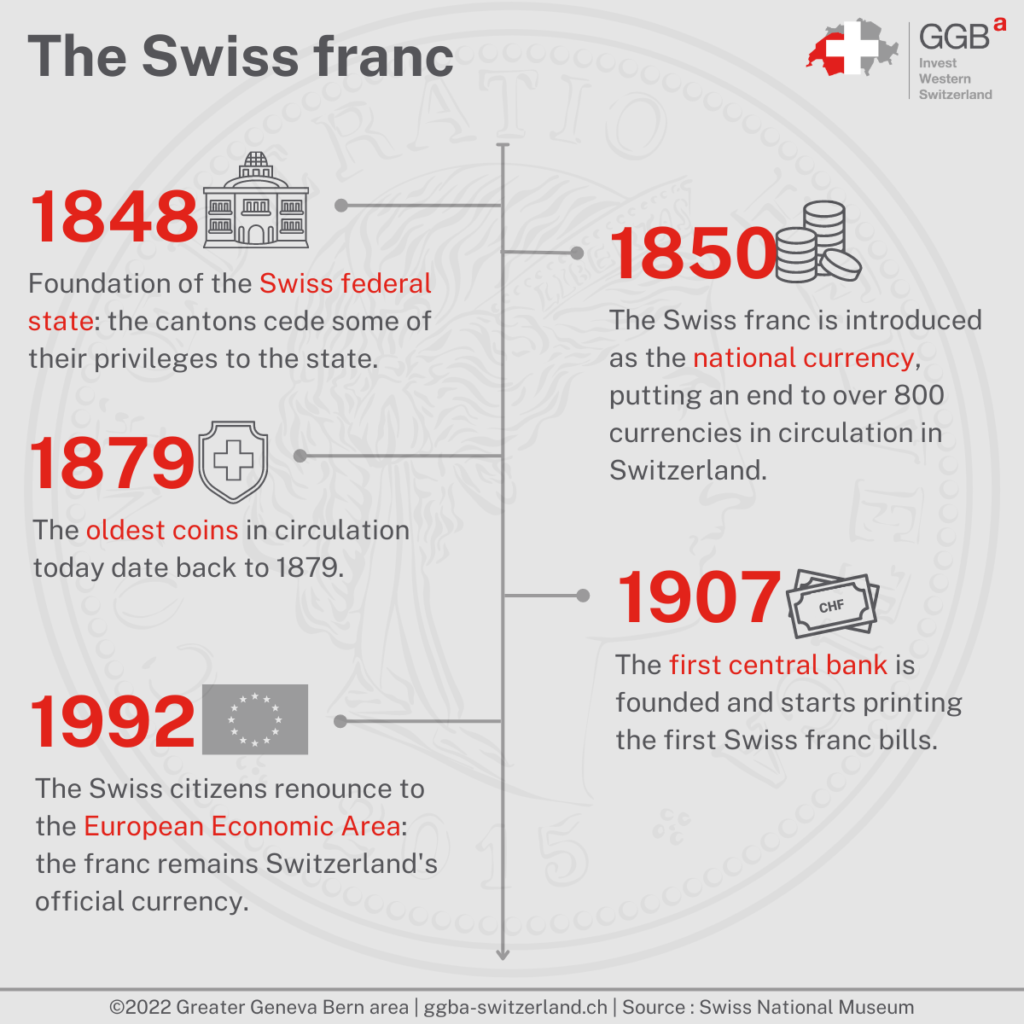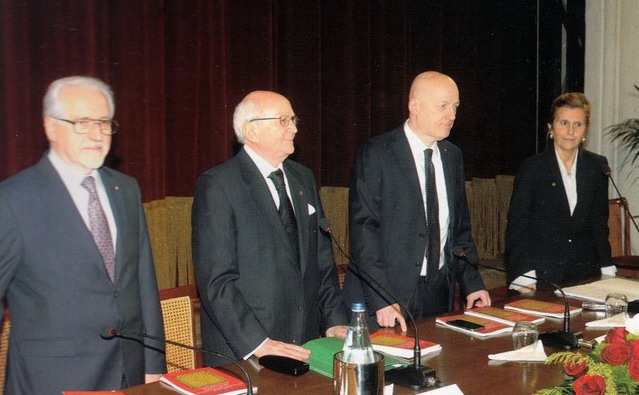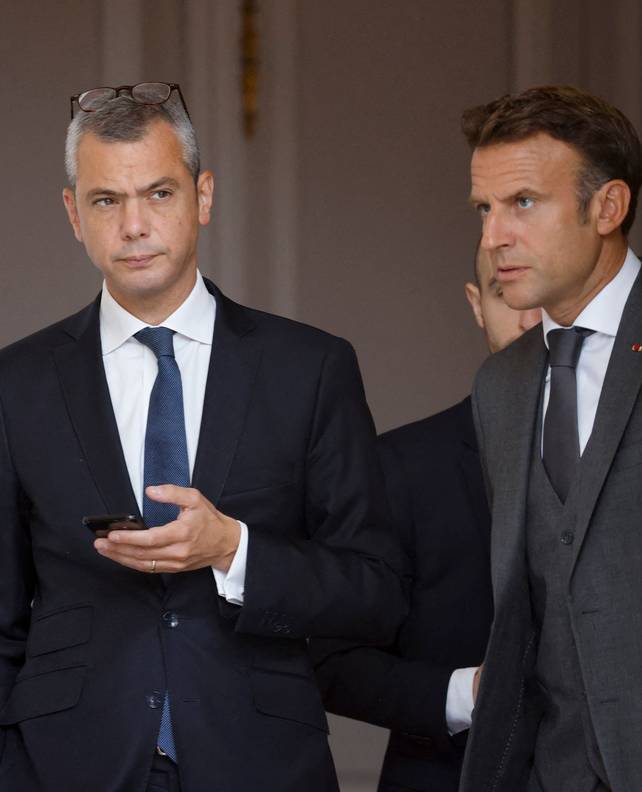Impact Of Swiss Franc Increase On Eurovision Attendance And Spending

Table of Contents
Reduced Tourist Numbers from Eurozone Countries
A stronger Swiss Franc directly diminishes the purchasing power of tourists from Eurozone countries. For those arriving from the Eurozone, the increased exchange rate translates to significantly higher travel costs. This has several consequences:
- Higher travel costs deter budget-conscious visitors: The increased expense of flights, accommodation, and even basic necessities like food can make attending Eurovision financially prohibitive for many budget-conscious fans.
- Reduced spending on accommodation, food, and entertainment: Even those who do manage to attend may cut back on their spending during their stay in Switzerland, opting for cheaper accommodations and limiting their participation in paid events and activities.
- Potential shift in visitor demographics towards higher-income brackets: The rising costs effectively filter out a significant portion of the traditionally diverse Eurovision audience, leaving a predominantly higher-income demographic.
- Analysis of historical data correlating Swiss Franc value and Eurovision attendance from Eurozone nations: Examining past Eurovision events reveals a clear correlation. Years with a stronger Swiss Franc generally saw a decline in attendance from countries like Germany, France, and Italy, while years with a weaker Franc attracted larger numbers. (Charts and graphs illustrating this data would be included here).
Shifts in Visitor Origin and Demographics
A strong Swiss Franc doesn't just impact the number of visitors; it also alters their origin and demographic makeup.
- Increased attendance from countries with stronger currencies (e.g., UK, Scandinavian countries): Tourists from the UK and Scandinavian nations, whose currencies hold relatively more value against the Swiss Franc, are less affected by the exchange rate and are more likely to attend.
- Potential decrease in visitors from Eastern European countries: Conversely, visitors from Eastern European countries, where currencies are often weaker, may find the trip significantly more expensive and less feasible.
- Impact on the overall atmosphere and cultural diversity of the event: This shift in visitor origins can impact the event's vibrant and diverse atmosphere. A decrease in representation from certain regions could lead to a less inclusive experience.
- Qualitative examples: Interviews with event organizers or attendees: Anecdotal evidence gathered from interviews with Eurovision organizers and attendees could offer valuable insights into the perceived impact of the Swiss Franc on the event's cultural landscape. (Quotes and examples would be included here).
Effects on Local Businesses and the Swiss Economy
The fluctuating Swiss Franc doesn't just impact visitors; it directly affects local businesses that rely on Eurovision tourism.
- Reduced revenue for hotels, restaurants, and souvenir shops: A decline in tourist numbers from key markets directly translates to reduced revenue for businesses in the hospitality and retail sectors.
- Impact on employment in the hospitality sector: Decreased revenue can lead to reduced staffing levels or even temporary job losses within the hospitality sector, impacting local employment.
- Potential government initiatives to mitigate the negative economic impact: The Swiss government may implement initiatives to mitigate the economic fallout, such as targeted marketing campaigns or financial incentives for businesses.
- Analysis of economic data related to tourism and the Swiss Franc's value: Economic data illustrating the correlation between tourism revenue, employment in the hospitality sector, and Swiss Franc fluctuations during past Eurovision events would be presented here (statistical analysis and charts).
Mitigation Strategies for Eurovision Organizers and Stakeholders
To lessen the negative impacts of a strong Swiss Franc, Eurovision organizers and stakeholders can employ several strategies:
- Targeted marketing campaigns in countries with strong currencies: Focusing marketing efforts on countries with stronger currencies can help maintain attendance numbers.
- Offering attractive packages and discounts to attract tourists: Providing discounted packages, early-bird offers, or bundled deals can help make the event more financially accessible to a wider range of visitors.
- Collaborating with tourism boards to promote Switzerland as a value destination (despite the strong Franc): Highlighting other attractions and experiences in Switzerland beyond Eurovision can broaden the appeal and potentially offset the perceived high cost of the trip.
- Developing strategies to diversify visitor origins and reduce reliance on any single market: Diversifying marketing efforts and targeting emerging markets can reduce dependence on specific countries and mitigate risks associated with currency fluctuations.
Conclusion: Understanding the Impact of Swiss Franc Fluctuations on Eurovision
A strong Swiss Franc significantly impacts Eurovision attendance and spending. The increased cost deters visitors from certain regions, alters the demographic makeup of the audience, and negatively affects local businesses. Understanding the impact of Swiss Franc increase on Eurovision attendance and spending is crucial for future event planning. Monitoring the Swiss Franc's value and implementing mitigation strategies are vital for ensuring the event's continued success. Further research and analysis of the Impact of Swiss Franc Increase on Eurovision Attendance and Spending are necessary to develop more robust and effective strategies for future events. What are the long-term economic implications of currency fluctuations on large-scale international events? This question warrants further investigation.

Featured Posts
-
 Sanremo Il 12 Aprile Marzia Taruffi Presenta Il Suo Nuovo Libro
May 14, 2025
Sanremo Il 12 Aprile Marzia Taruffi Presenta Il Suo Nuovo Libro
May 14, 2025 -
 Switzerlands Eurovision 2025 Coverage Srf Announces Extensive Broadcast Schedule
May 14, 2025
Switzerlands Eurovision 2025 Coverage Srf Announces Extensive Broadcast Schedule
May 14, 2025 -
 Bournemouth Transfer Target Could Huijsen Leave Real Madrid
May 14, 2025
Bournemouth Transfer Target Could Huijsen Leave Real Madrid
May 14, 2025 -
 Sanremo Evento Benefico Della Fondazione L Uomo E Il Pellicano Registra Grande Successo
May 14, 2025
Sanremo Evento Benefico Della Fondazione L Uomo E Il Pellicano Registra Grande Successo
May 14, 2025 -
 Alexis Kohler Devient Vice President Executif De La Societe Generale
May 14, 2025
Alexis Kohler Devient Vice President Executif De La Societe Generale
May 14, 2025
